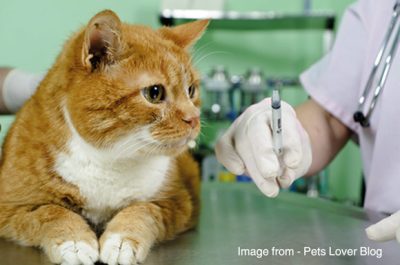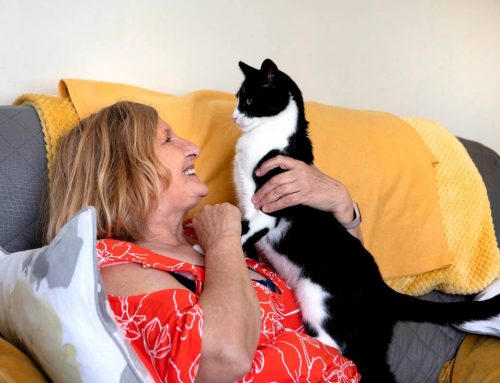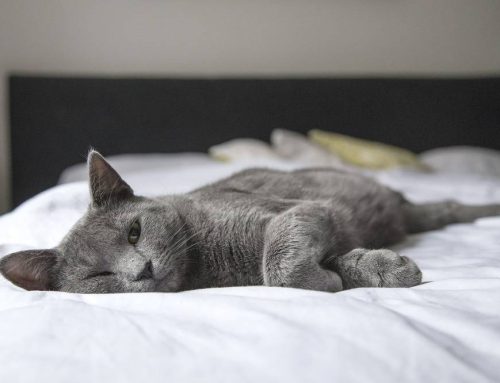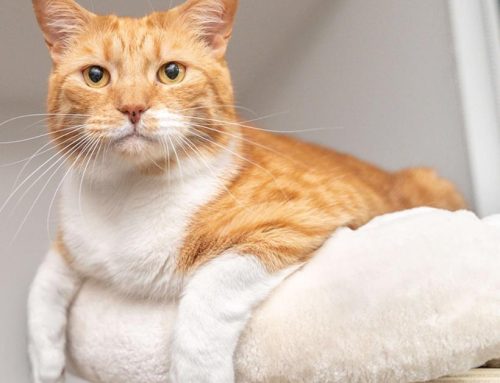There is now a plethora of information regarding the necessity or not of vaccinating any one – cat, child, dog, horse. Few farmers will miss vaccinating their cattle, sheep or pigs because they see the deaths of animals from the diseases they can vaccinate for. Anyone who visits a developing country and even has a cursory look at the animals and children there, will come home with a refreshed enthusiasm for the ‘simple act’ of vaccination. So why has it become controversial? Why is there even a question of necessity? Part of the current picture is that people in Sydney and other well-ordered cities do not see the devastating effects of inadequate vaccination protection. There is, however, a worldwide outbreak of measles in adult people – you might want to consider getting YOUR measles vaccine topped up as the complications of measles infections is higher in adults – partly because the fear of vaccination for children and largely because of global travel habits. Vets working with dogs in many areas see regular outbreaks of parvo virus – the deadly diarrhoea infecting puppies – largely because the message about the value of vaccination for protecting your own pet does not always filter through.
So where are we up to with cats and vaccination?
As a result of conscientious care with neutering and better foods, there is a hugely improved level of general health among our feline friends. This results in a stronger immune system among other things, so that vaccination has a better effect in protecting your cat. It is also true that it is the young and the old among all populations who suffer most from the various viral diseases, and need the most help. So, there is really no controversy that young cats need at least the flu (herpes and calici, and probably chlamydia) and the enteritis (panleucopenia) vaccinations, twice if over the age of 12 weeks. Cats who spend time in rescue shelters where there are dogs may also benefit from the Bordetella (kennel cough) vaccine – it is spreading into the rescue cat population and is a problem! But yes, some cats get away with never being vaccinated. No one seems to reflect, however, on the suffering and death of those who are not so lucky. In every population, there will be some individuals who have a natural resistance to viruses, otherwise panepidemics like Small Pox and the Spanish Flu would have wiped out the human population. It is not something you though, as an individual, would want to rely on for survival. Same for your kittens. And Dr Kim likes to vaccinate senior cats (> 8 years old) every couple of years – it just stimulates their immune system in general, ‘waking up’ the natural defence mechanisms of the immune system as well as the specific anti-flu and anti-enteritis components. It is probably not necessary to use the Leukaemia in the older cats as there is a level of age-related immunity to that virus. And the Feline Aids vaccines are really for the out-and-about cat who loses fights, which is by no means every cat! Rabies vaccines are not available for pets in Australia – there is no need fortunately! – although any one who might be in contact with bats might consider getting themselves vaccinated with the Rabies vaccine as it does protect against the bat lyssa-virus which is now spreading more widely. The Giardia, Ringworm and Feline Infectious Peritonitis are not available here either.
Most of the controversy surrounds the problem of vaccine-related sarcomas – a very nasty cancer that is triggered by injections of almost any kind, but particularly of vaccination injections. There are several factors to consider. The sarcoma does have a strong genetic component – the cat itself has to have the genes that can be triggered to create the chronic inflammatory response in reaction to the injection. This reaction seems to be very uncommon in the Australian cat population (which is a different genetic subset of the british moggy cat population than the USA ones). The reaction has been seen in cats that have had other types of injections – including long-acting antibiotics, depot cortisone injections and injectable wormers.
To date the injectable flea control product (Program) has not been associated with the sarcomas, although there is one possible case related to microchipping (still in the USA).
So that still leaves the middle-aged cats of different ‘habitiats’ – indoor only, outdoor only, those with cat parks and all variations between. Are we over-vaccinating them?
The ‘flu’ vaccines – Herpes and Calici vaccines – can only only be as effective in preventing viral replication as the natural disease can be. The enteritis vaccine is very effective – nearly 100% (no vaccine is 100% as some animals simply do not have the genetic capacity to create an immunity). The flu vaccines can only stimulate a cat to mount enough of an immune response to reduce the clinical signs by 50% – the vaccines cannot prevent the cat from getting flu, but it does mean the cat won’t die from it. That is the best any vaccine can do. Additionally, the immunity wanes over only 6 months, so technically, cats should be vaccinated twice a year against herpes and calici flu viruses (the FIV, Leukaemia and chlamydia vaccines are different again). The use of serum antibody titres (produced by B-lymphocytes) to check whether your cat has sufficient immunity to protect against disease sounds great, and there are some new tests coming out which can be used in the clinic while your cat is there. However, neither high nor low levels of the antibody titres is related to how well the cat will fight an infection. Most of the protection against the illness caused by the viruses comes from the cell-mediated immunity (T-lymphocytes) and there is no easy way to measure that. The true test, then is how sick your cat is if she comes in contact with the strong (virulent) virus found in nature – and that contradicts the whole point of vaccination!
The other interesting twist that our feline friends have in the disease / vaccination picture, is that nearly all cats will be infected by at least the herpes virus from their mothers when they are about 5 days old. And that virus will hang out in nerves for the rest of the cat’s life. The main cause of flu turns out to be related to the environmental and social stresses in the cat’s life, rather than directly to the immunity level! So the main sources of disease are the stresses of moving house, boarding or being attacked by another cat! The cat already has the virus in them! Vaccination still protects against the virus taking too strong of a hold once it gets activated, and therefore is a worthwhile preventative measure.
Dr Kim recommends, therefore, that cats who are totally indoors, and whose owners never touch other cats, should be vaccinated every 2 – 3 years – or just before they go boarding or moving house. This is closer to the European view of vaccination than to the American view. However, if there is any question of stressful events intervening in your cat’s life, then consider vaccinating prior to the problem arising. After all, vaccination is the only opportunity to be ahead of a problem and not trying to fix it!
Dr Kim’s vaccination protocol is to vaccinate for flu and enteritis as soon as possible for kittens (some lose their protection at 6 weeks old), then for flu, enteritis and chlamydia every 3 – 4 weeks till they are 4 months old (and at the usual age Dr Kim neuters – that is another tale in itself!). Kitten will sometimes get very tired after their vaccine – it nearly always means a good night’s rest for the owners! And being tired just means the kitten has a strong immune system, so best let the vaccine do its job. The first booster is very important – at bout 16 months old, and Dr Kim likes to then vaccinate at 2+1/2 and 3+1/2 years old before going over to the Bi-ennial (2 yearly) booster. If a cat goes boarding, then vaccination on entry is very useful – the immunity rises within hours of the vaccination.







